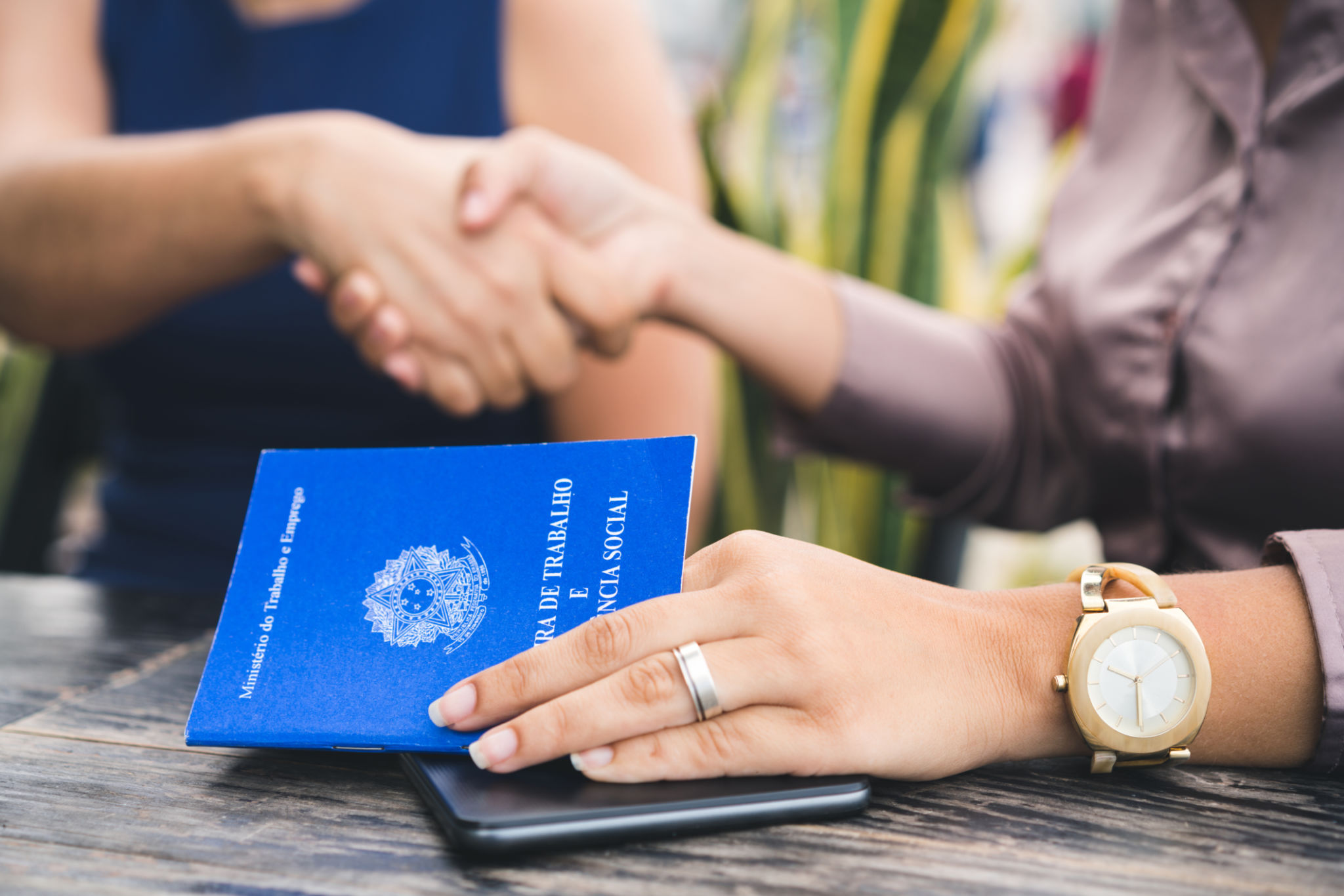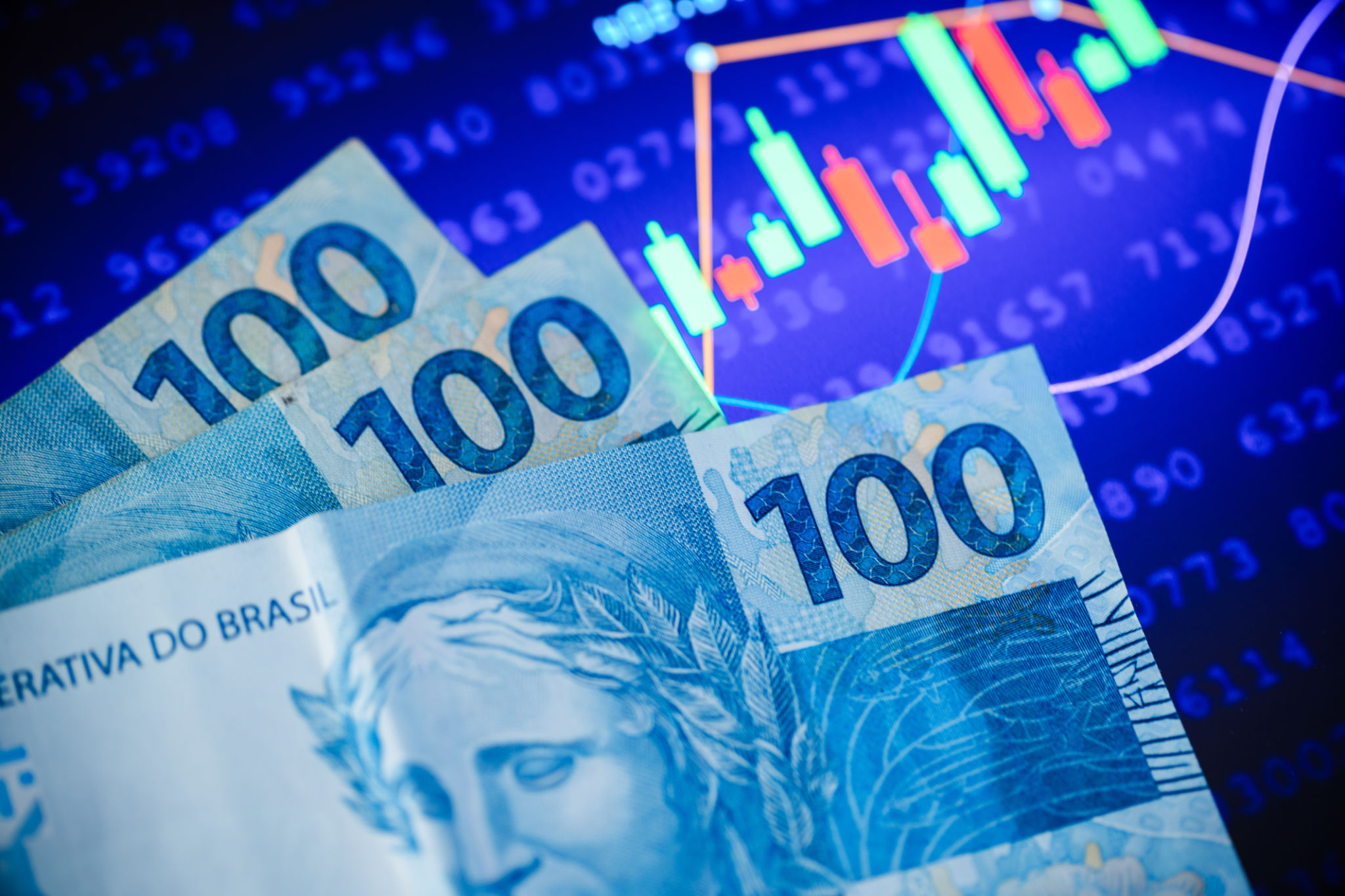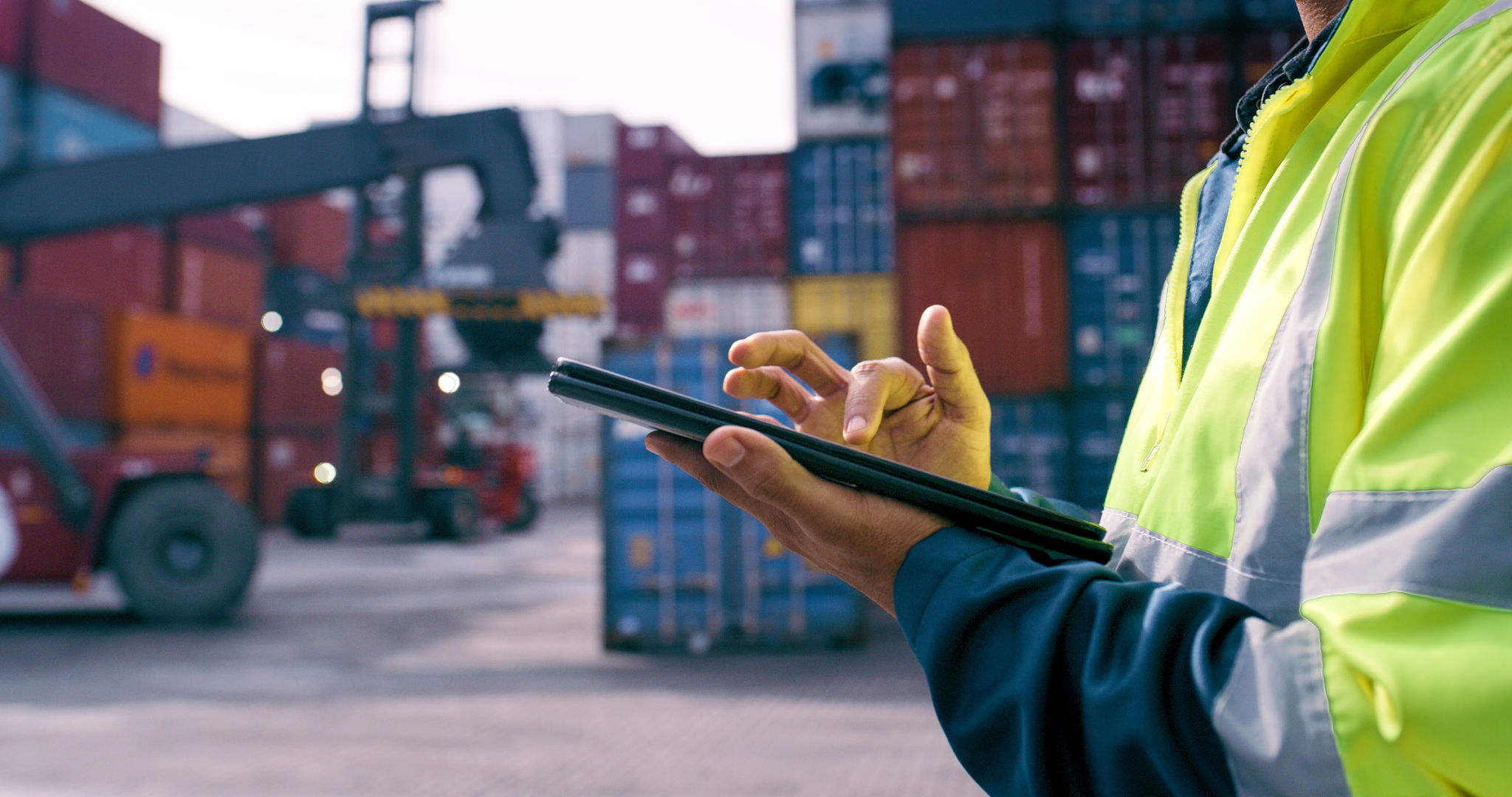How to Successfully Trade with Brazil: A Comprehensive Guide for Importers
Introduction to Trading with Brazil
Brazil, with its vibrant economy and rich resource base, presents a wealth of opportunities for importers worldwide. As the largest economy in South America, Brazil offers a diverse market with a wide range of products, from agricultural commodities to manufactured goods. However, successfully trading with Brazil requires an understanding of its unique market dynamics and regulatory environment.

Understanding Brazil's Economic Environment
Brazil's economy is characterized by a mix of agriculture, mining, manufacturing, and service sectors. It is one of the world's largest producers of coffee, soybeans, and beef, making it a significant player in the global commodities market. Importers should be aware of Brazil's key industries and how they align with their business interests.
Moreover, understanding the economic policies and trade agreements that Brazil is part of can offer insights into potential trade benefits and tariffs. Brazil is a member of Mercosur, a South American trade bloc that facilitates easier market access for its members.
Recognizing Key Export Commodities
For importers looking to capitalize on Brazilian exports, focusing on its primary commodities can be advantageous. These include:
- Agricultural products like coffee, sugar, and soybeans
- Minerals such as iron ore and gold
- Manufactured goods including automobiles and machinery

Navigating Brazil's Regulatory Framework
The regulatory environment in Brazil can be complex, with numerous laws governing imports and exports. Familiarizing yourself with the necessary documentation and compliance requirements is crucial for smooth trading operations. The primary agency overseeing trade is the Receita Federal (Federal Revenue), which manages customs regulations and duties.
It is essential to have a clear understanding of the import licensing requirements. Depending on the product category, importers might need specific permits or certifications before goods can enter the Brazilian market.
Customs Procedures and Tariffs
Brazil has a structured customs procedure that importers must follow. This includes declaring goods accurately, paying applicable tariffs, and adhering to local standards. Working with a local customs broker can help navigate these procedures more efficiently.
Import tariffs in Brazil can vary significantly depending on the product. It is advisable for importers to consult the NCM (Nomenclatura Comum do Mercosul) to determine the correct tariff classification for their goods.

Building Business Relationships in Brazil
Establishing strong business relationships is key to successful trading in Brazil. The Brazilian business culture values personal connections and trust. Taking the time to understand cultural nuances and investing in relationship-building can facilitate smoother transactions and negotiations.
Consider attending trade shows and networking events in Brazil to meet potential partners and gain insights into market trends. Additionally, collaborating with local agents or distributors can significantly enhance your market reach.
Leveraging Technology and Logistics
Efficient logistics are vital when importing goods from Brazil. With advancements in technology, importers can leverage digital platforms for real-time tracking and inventory management. This can help streamline supply chain operations and reduce costs.
Partnering with reliable logistics providers who understand the Brazilian market can ensure timely delivery and reduce potential disruptions in the supply chain.

Conclusion
Successfully trading with Brazil requires a strategic approach that combines market research, regulatory compliance, and strong business relationships. By understanding the economic environment and leveraging local expertise, importers can unlock significant opportunities in this dynamic market. With careful planning and execution, your venture into trading with Brazil can be both profitable and rewarding.